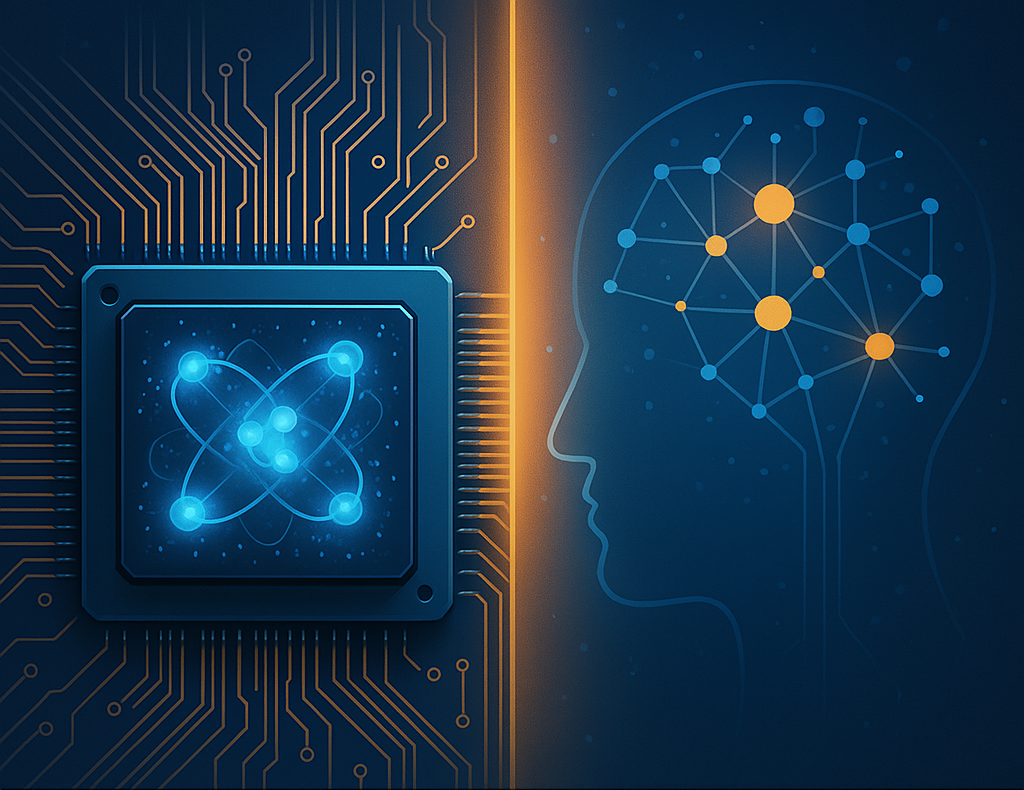As quantum computing inches closer to commercial viability, a new frontier is emerging—hybrid quantum systems that blend classical AI with quantum mechanics to unlock unprecedented capabilities in cognition, simulation, and decision-making.
⚛️ The Rise of Quantum-Classical Synergy
Rather than replacing classical systems, quantum processors are being integrated to enhance them. These hybrid models offer:
- Accelerated machine learning through quantum-enhanced optimization
- Improved pattern recognition in high-dimensional data
- Real-time simulation of molecular and financial systems
Startups and tech giants alike are racing to build platforms where quantum algorithms complement neural networks, creating a new class of intelligent machines.
🛰️ Applications Beyond the Lab
Hybrid quantum systems are already making waves in:
- Drug discovery, where quantum simulations predict molecular interactions
- Climate modeling, with faster computation of chaotic systems
- Cybersecurity, using quantum randomness for unbreakable encryption
In aviation, quantum sensors are being paired with AI to enable GPS-independent navigation, a breakthrough for defense and commercial fleets.
🧩 Challenges in Integration
Despite the promise, hybrid systems face hurdles:
- Error correction remains a bottleneck
- Hardware compatibility between quantum and classical components is complex
- Talent scarcity in quantum engineering and algorithm design
Governments and universities are investing in quantum workforce development, while open-source platforms like QAOA libraries aim to democratize access.
🌐 Ethics and Intelligence
As machines grow smarter through quantum cognition, ethical questions intensify:
- Can quantum-enhanced AI make decisions beyond human comprehension?
- How do we audit systems that operate in probabilistic realms?
- Should quantum intelligence be granted new legal or moral status?
Experts call for quantum governance frameworks that balance innovation with accountability.
Moaz serves as Editor-in-Chief of TWW News, where he leads editorial strategy, content development, and newsroom standards. He specializes in high-impact reporting on artificial intelligence, governance, and institutional transformation.

